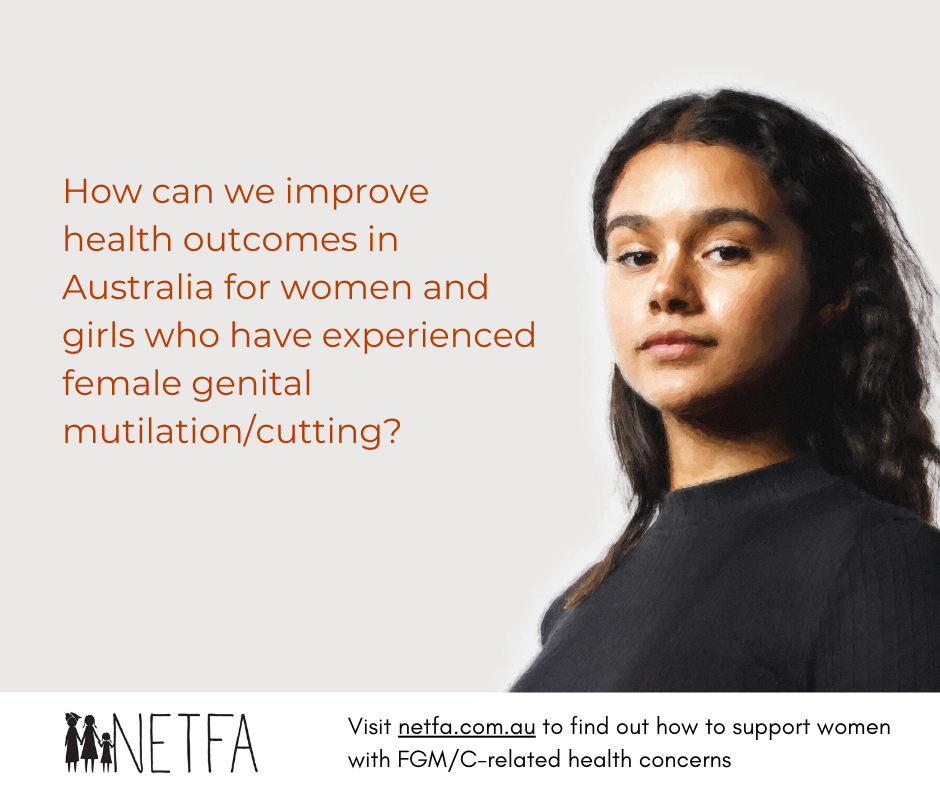Often when the subject of female circumcision, or female genital mutlilation/cutting comes up in conversation, the questions turn to what the community can do to prevent it. While there is no doubt that the solutions to preventing FGM/C globally must come from communities that have lived experience themselves, the responsibility can't just be on "community" alone.
Time and time again we hear anecdotally and through research that health professionals can and do play a key role in helping to share evidence based information and support migrant women who have experienced FGM/C. However, they often lack the awareness, skills and knowledge they need.
Let's not forget, health professionals are also community members. We are all part of a community and we can all benefit from tools to inform ourselves about migrant women's rights to sexual and reproductive health and to access high quality, culturally responsive, health and support services.
Dr Jasmine Abdulcadir, renowned obstetrician, gynaecologist and advocate for raising awareness of FGM/C and its effect on the health of women and girls speaks powerfully about the myths and taboos surrounding FGM/C that are believed by many people, including health professionals. These myths and taboos reinforce harmful practices that affect women and girls and they must be challenged.
That's why we are so pleased to be launching a campaign that focuses on health professionals, to raise their awareness that All women and girls who experience or are at risk of FGM/C have the right to high quality, safe, and person-centred health care. Whether you are a GP, maternal child health nurses, midwives, obstetricians and gynaecologists to promote culturally sensitive and optimal care for migrant and refugee women and girls affected by FGM/C, information about how to support women, elearning modules and multilingual pamphlets are jsut a click away on our on our national NETFA website and we want everybody to know!
While every woman and girl who has experienced FGM/C has had a different experience – ranging from the severe to the never noticed – we need to make sure that health professionals are equipped with the knowledge, evidence and best practice to provide optimal care for all women and girls, without the myths and taboos.
For more information about FGM/C or if you need advice and support: https://netfa.com.au/for-individuals/
For health professionals: https://netfa.com.au/for-health-professionals/. You can view our latest webinar here: https://netfa.com.au/news/mcwh-hosts-fgm-c-webinar-for-health-practitioners/

